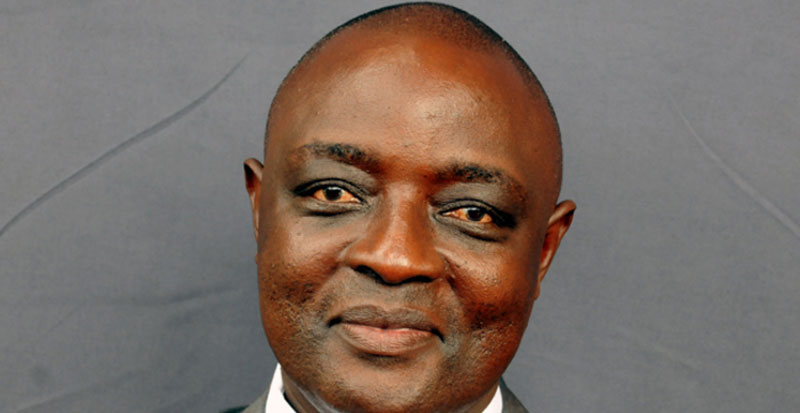Analysis
Late rains: Frustrated farmers counting losses
“There is no way I am going to escape prison this time round, ” laments Edward Nakasala one of the frustrated small scale farmers in Katiiti village Wakiso district at the height of a dry spell that has scotched the majority of Uganda’s country side in recent months.
” I can’t raise the money to repay the loan I invested in my farming business after suffering such a big loss in both seasons this year !” He explains as he moves through his five acre piece of land which he hired at U shs 100,000 per acre where he has twice planted maize and beans only to harvest nothing this year due to the extended dry seasons.
Nakasala’s frustration and agony is representative of millions of Ugandans whose livelihoods depend on agriculture, a sector that has been hit by arguably the worst effects of climate change in a long time according to experts.
The retired Assistant commissioner in Data processing and applied meteology Phillip Gwage, told The Sunrise that the problem is not likely to abet soon explaining that it is becoming increasingly more difficult for meteorologist to accurately predict the occurrence of rains.
Worse still, peasants who are not as privileged as Nakasala to borrow and invest in farming in different parts of Uganda are already facing famine calling for humanitarian assistance
Forum for Democratic Change (FDC) Assistant Secretary General Herod Kaijja recently came out to blame government among other things for paying lip service to Uganda’s agricultural sector as the back borne of Uganda’s economy but at the same time fail to walk the talk.
” We have established food collecting centers where we are encouraging good hearted Ugandans to bring food stuffs which we shall in turn send out to other Ugandans threatened by famine before it is too late ” Kaijja said.
Like Kaijja, other critics warn of an escalation of the problem arguing that that much as government has as always dreamt of plans to assists local farmers irrigate their crops in dry seasons as one of the mitigation actions against climate change effects, government lacks the political will to implement it.
It was recently reported in the local media that over 1000 lives have been claimed by hanger country wide.
The chairman of the Uganda National planning authority Doctor Kisamba Mugerwa told The Sunrise that despite implementation challenges, the national planning policy paper presented recently by the National Planning Authority (NPA)’s Executive Director Joseph Muvawala emphasizes government intervention in irrigation currently as one of the ways and means of offsetting extended dry spells in Uganda’s farming areas.
” Delayed rains is one of the explicit effects of climate change being suffered by Uganda at the moment and it is critical to undertake mitigation and adaptation measures such one of which is irrigation which can be done by ensuring the water for production “, Kisamba said.
NPA’s Development policy in part states thus: “Leaving the 68% of the population (who depend on agriculture) which forms a greater base in this growth equation would leave them in abject poverty or in an insecure non poor state.
It is against this backdrop that NDP prioritized Agriculture and emphasis was laid on value addition in 12 prioritized commodities increasing productivity, addressing challenges in the selected thematic technical areas including critical farm inputs, mechanization and water for production”
To the disappointment of many Ugandans particularly those directly involved in arable agriculture for both subsistence and wealth creation, persistent calls from experts for urgent (government) intervention on the adverse effects of climate change including provision of water for production have fallen on deaf ears.
Makerere University Economics professor Edward Bbaale is one of those who have recently called for immediate government intervention on extended dry spells if vision 2020 aimed at making Uganda a middle income country is to see the light of day
” It is now clear that the rate at which climate change is affecting Uganda is gathering pace and It is therefore imperative that government woke up to the challenge with appropriate responses to aver t them. “Bbaale said.
Efforts to get a comment from minister of Agrculture Vicent Sssempijja were futile as his phone was swtiched off
Comments



















